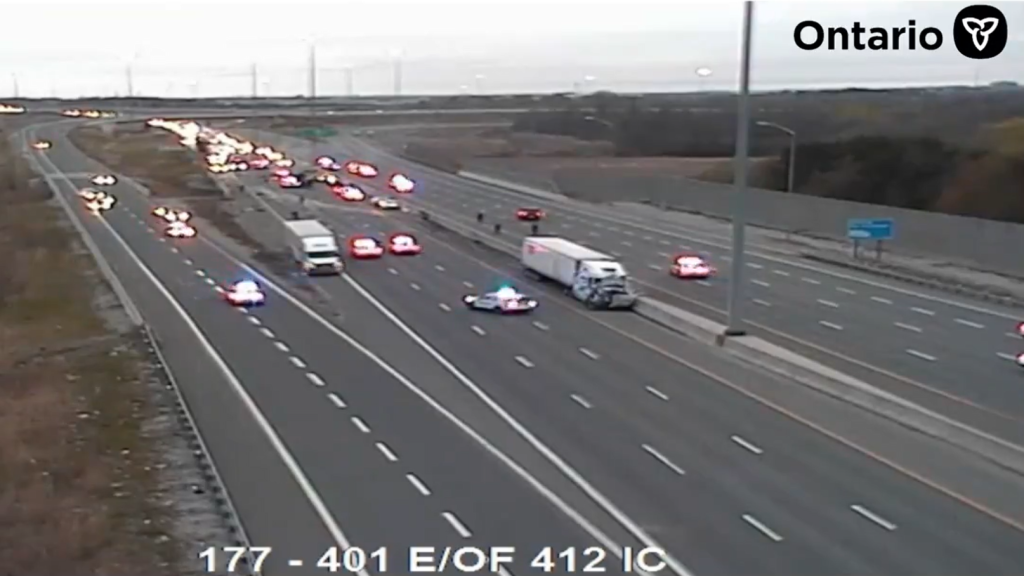Squamish Nation to make announcement at residential school site in North Vancouver

Posted August 9, 2021 7:34 pm.
Last Updated August 10, 2021 12:45 pm.
NORTH VANCOUVER (NEWS 1130) — The Squamish Nation will be making an announcement Tuesday morning at the site of a former residential school in North Vancouver.
The chiefs of the Musqueam and Tsleil-Waututh First Nations, as well as a representative from the Archdiocese of Vancouver, will join members of the Squamish Nation at St. Thomas Aquinas Regional Secondary School. The Keith Road school is the site of a memorial to children who were taken from their families to the St. Paul’s Indian Residential School, which operated between 1899 to 1958. The Roman Catholic School was operated by the federal government and the Order of the Oblates of Mary Immaculate.
Tomorrow morning the Squamish Nation will be making an announcement about the St. Paul's Indian Residential School. It's at 10 am in North Vancouver, and the Squamish Nation will be joined by two other Host Nations, the Musqueam Nation and Tsleil-Waututh Nation. @NEWS1130
— Tarnjit Kaur Parmar (@Tarnjitkparmar) August 10, 2021
“In 1931, the local Indian Agent reported after an inspection that he suspected the children at Squamish were not being fed properly. In 1933, the Indian Commissioner for British Columbia described the school as a “’death-trap’ and a ‘fire-trap.’ In 1935, the school suffered an epidemic of chicken pox. Overcrowding continued into the 1950s; in 1957 the building was condemned and closed two years later,” according to the National Centre for Truth and Reconciliation.
The Truth and Reconciliation Commission issued its final report on residential schools more than five years ago. The nearly 4,000-page account details the abuse inflicted on Indigenous children after they were taken forcibly from their families to institutions where they were forbidden to speak their language and punished brutally for any attempts to practise their culture. Physical and sexual abuse were rampant.
No details have been released about the contents of the announcement, but it comes amid the confirmation of unmarked, undocumented graves at the sites of at several residential school sites in B.C. and Saskatchewan that were operated by the Roman Catholic Church.
In May, the Tk’emlúps te Secwépemc First Nation confirmed, using ground-penetrating radar, that the remains of 215 children — some as young as three years old — had been found. The search of the site of the former Kamloops Indian Residential School, which was once the largest in Canada’s residential school system, renewed calls for all former sites to be searched across the country.
Less than a month later, the Cowessess First Nation confirmed 751 unmarked graves were uncovered on the grounds of the former Marieval Indian Residential School in Saskatchewan. Later in June, the Lower Kootenay Band said a search using ground-penetrating radar found 182 human remains in unmarked graves near Cranbrook, close to where the Kootenay Indian Residential School once stood. In July, the Penelakut Tribe has confirmed more than 160 unmarked, undocumented graves at the site of a former residential school on their territory near Vancouver Island.
RELATED: Catholic group that ran B.C., Sask. residential schools to disclose records
After the unmarked graves were located — something First Nations leaders have stressed was not a discovery but rather a confirmation of what Indigenous communities have long known — theTk’emlúps te Secwépemc First Nation and the Cowesses First Nation have both said an apology from the Pope l is a crucial first step toward reconciliation.
One of the 94 Calls to Action of the Truth and Reconciliation Commission in 2015 was for the leader of the Roman Catholic Church to apologize for its role in a system that saw 150,000 First Nations, Inuit, and Métis children taken from their families and confined in conditions that constituted cultural genocide.
“We call upon the Pope to issue an apology to Survivors, their families, and communities for the Roman Catholic Church’s role in the spiritual, cultural, emotional, physical, and sexual abuse of First Nations, Inuit, and Métis children in Catholic-run residential schools,” the commission wrote.
In 2018, Pope Francis said he would not be making an apology despite a formal request from Prime Minister Justin Trudeau and pleas from survivors and their families. The Canadian Conference of Catholic Bishops said that while the Pope acknowledged the commission’s findings and expressed regret for past wrongs, he “felt he could not personally respond.”
On June 6, more than a week after the announcement from the Tk’emlúps te Secwépemc First Nation, Pope Francis made a statement. He said he was “following with sorrow” the news of an unmarked burial site brought. He added the “shocking” discovery is a call for Canadian religious and political authorities to keep working toward reconciliation.
“I join with the Catholic church in Canada in expressing closeness to the Canadian people traumatized by the shocking news,” he said. “This sad discovery increases the awareness of the sorrows and sufferings of the past.”
The Pontiff has made no further statements.
A delegation of Indigenous leaders will visit the Vatican later this year to press for a papal apology.










